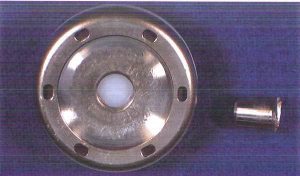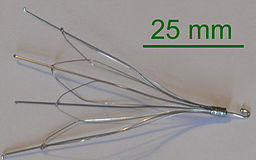I get calls from people who have been badly injured after surgery. If it’s straightforward surgery to repair a torn ACL, the question is whether the surgeon was negligent; if that turns out to be the case, the caller will have a claim for medical malpractice. But what if the surgeon is implanting a device: an artificial hip or knee or hernia mesh or pacemaker? And then after surgery the patient is worse off than before? If this is the result, the next question is this: was the person the victim of a defective product or medical malpractice? Or both?
So What’s the Difference?
 Medical malpractice is the legal term for a doctor who has been negligent. This means that the doctor failed to perform the surgery with an expected degree of care and competence. In a phrase, the doctor simply screwed up the surgery. For a plaintiff to win a medical malpractice claim, he or she must show that the doctor failed to perform his duties with a normal “standard of care” typical of similarly situated doctors. This means that surgeons in small towns will be judged against similar doctors in similar towns, while doctors from major research hospitals in big cities will be judged against their similarly situated peers, and of course will be held to a higher standard. The bottom line is this: medical malpractice is the failure to provide competent medical care, causing the patient unexpected injury.
Medical malpractice is the legal term for a doctor who has been negligent. This means that the doctor failed to perform the surgery with an expected degree of care and competence. In a phrase, the doctor simply screwed up the surgery. For a plaintiff to win a medical malpractice claim, he or she must show that the doctor failed to perform his duties with a normal “standard of care” typical of similarly situated doctors. This means that surgeons in small towns will be judged against similar doctors in similar towns, while doctors from major research hospitals in big cities will be judged against their similarly situated peers, and of course will be held to a higher standard. The bottom line is this: medical malpractice is the failure to provide competent medical care, causing the patient unexpected injury.
 North Carolina Product Liability Lawyer Blog
North Carolina Product Liability Lawyer Blog





